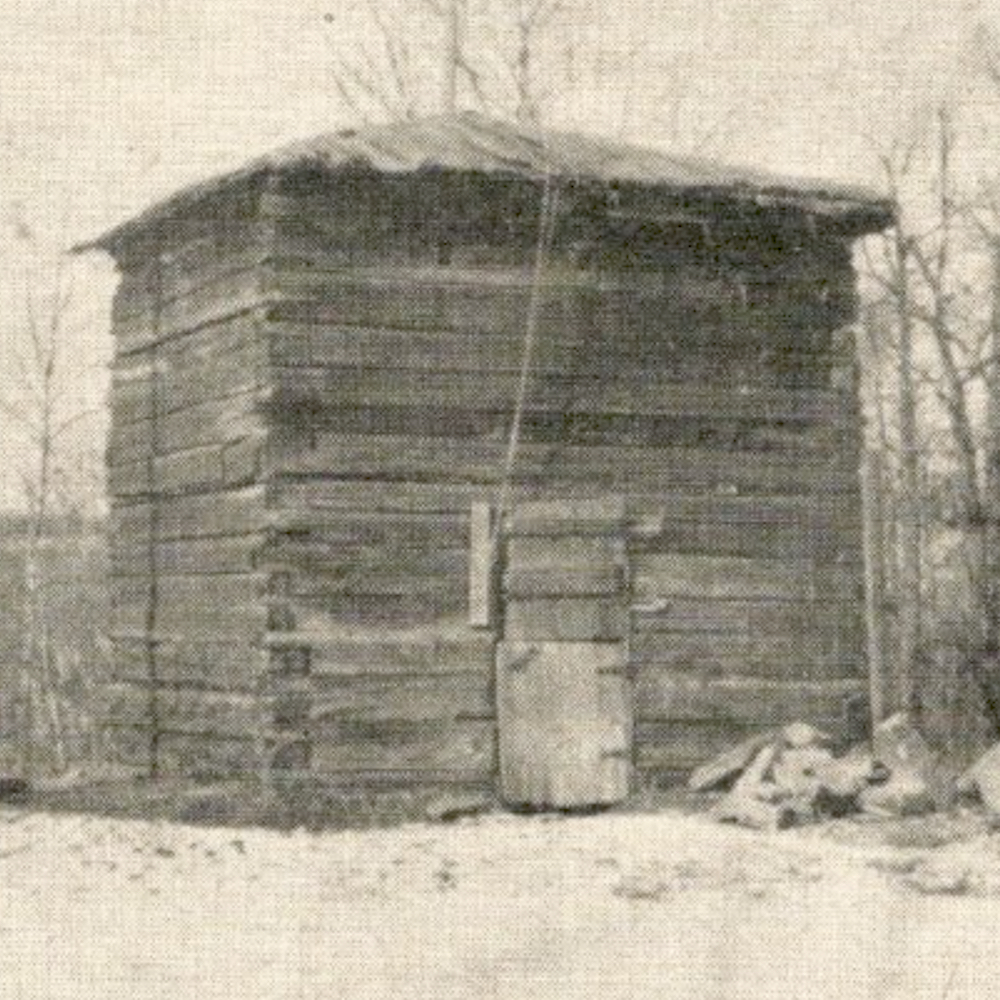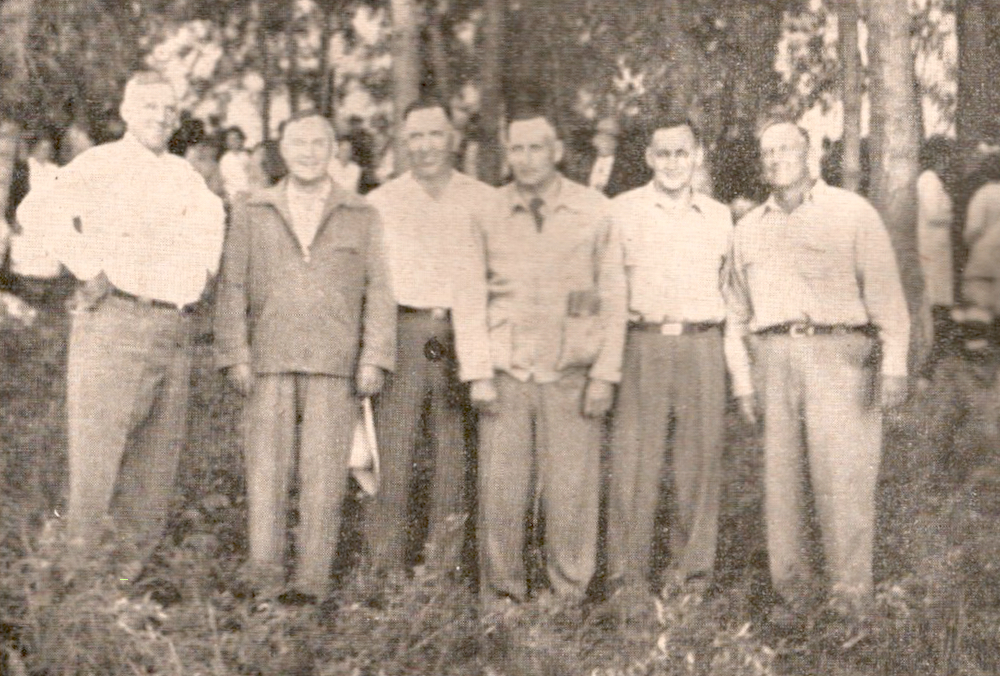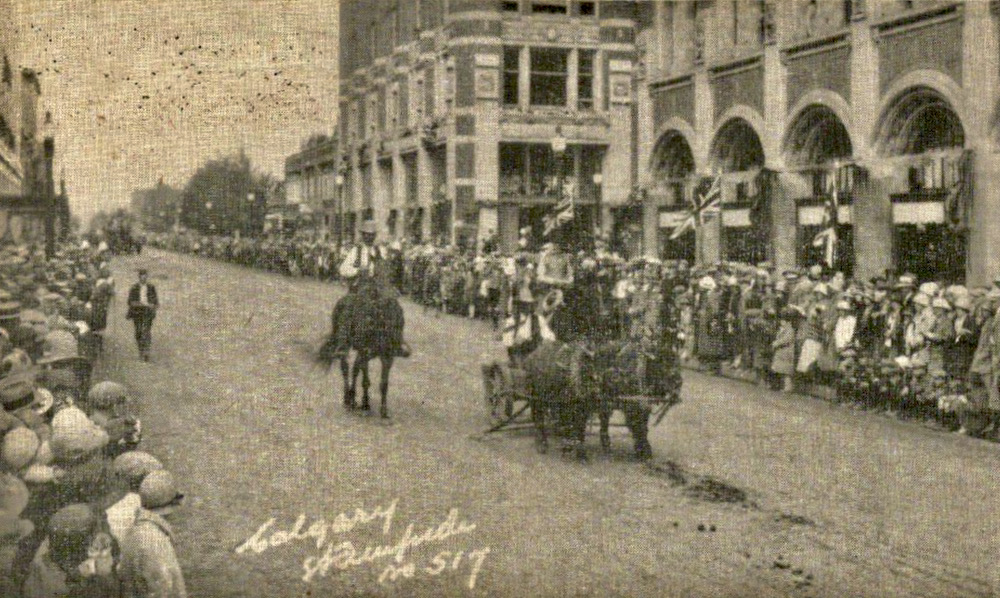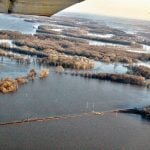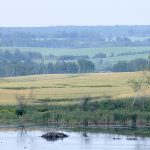By P.W. Luce
Half a century ago, when the Federal government was going all out to bring immigrants to Canada, and the western provinces were vying with each other to get settlers in the empty spaces, the great inducement dangled before the newcomer was a homestead.
One hundred and sixty acres of virgin land, free, gratis, and for nothing!
All you had to do was to stake the land, file a claim in the registry office, pay a modest fee, and then go ahead and perform the homestead duties for five years.
Read Also

Worker shortage looms
Labour and cattle are the two biggest challenges that beef processors face in running a profitable business year in, year…
This meant, in effect, that you were expected to build a cabin, live on your claim for thirty months of the sixty, improve the property to the extent of $10 an acre, plough at least five acres, put up a reasonable length of fencing, and take a solemn oath that you had well and truly carried out all the requirements of the government.
Regulations may have varied somewhat in the various provinces, but those were the conditions in vogue when I settled in northern British Columbia.
There is still a lot of land available, but homesteading was a bit harder there than in Alberta or Saskatchewan. There was not so much snow, but there were lots more trees; firewood was never a problem. There was not so much humus, but there were lots more stones. There were no gophers but lots of groundhogs. There wasn’t much to choose in the matter of mosquitoes, horseflies, and other pests.
Preempting a piece of land wasn’t Paradise by any means, it was more like the other place.
Cynics used to say that the government bet 160 acres of land against a man’s time that he couldn’t stay on the place five years without starving to death. Most often they were wrong, but once in a while they were nearly right.
There was, however, one redeeming feature. The authorities were fairly complacent about the performance of the homestead duties. So long as the preemptor could show a reasonable facsimile thereof, the deed of ownership would be issued and he would have the privilege of paying taxes on his quarter section from then on.
But there had to be evidence that some effort had been made to comply with the law. An inspector would come around to check up once in a while, and there would be a final visit at the end of the five years for an official O.K.
A bachelor friend of mine had taken up a second homestead in my district and had skimped rather heavily on the performance of his duties. His time was up, and word came by grapevine that the inspector would arrive at the end of the week to give the place the once over.
This was bad news. Bill had built a cabin, of sorts, and furnished it, after a fashion. There was one sleeping bunk, two planks across boxes for a table, a couple more boxes for seats, another box nailed to the wall for a cupboard, a few pegs driven into the walls and an ancient rusty stove on rickety legs.
Bill confessed that he had slept in the cabin maybe a dozen times in the five years, or say 888 times short of the required number. He preferred the relative comforts of his other homestead, naturally.
Country people are always equal to an emergency. Bill rounded up his friendly neighbors and we converged on the homestead with the avowed intension of making it look more like a happy home and less like a deserted cabin in the wilderness. It was a difficult task. But we were a resourceful lot.
We cut down the long grass and weeds around the place and then we raked the surface and tamped it all over to give it the appearance of regular use. We scattered old tomato cans and condensed milk tins at the back, and dropped an empty bottle here and there as an indication that Bill still was no teetotaller. Discarded rubbish from our several places helped to crate the illusion of a typical bachelor residence.
We brought in a sawhorse and a sack of sawdust to scatter under and around it, as evidence that many logs had been sawn here for use during the long hard winters. We even had a supply of dry wood chips where the stack of firewood was presumed to have stood —where, indeed, there was still a miserably small lot of very dry wood waiting to be burned in the rusty stove.
As further evidence of good faith, we strung a clothes line between two trees, and we nailed Bill’s mail box by the side of the road.
As the cabin had been but rarely opened, the smell inside was decidedly musty, and redolent of vermin droppings. We attended to this by closing the damper of the stove and thoroughly fumigating the place. There was some difference of opinion as to whether this was an improvement in odors, but it certainly was newer, if not fresher. The hardest work of all was to create a convincing trail from the shack to the creek. As a matter of form the inspector always asked, “Where do you get your water,” and the absence of a definite trail to well or creek was rather hard to explain to his satisfaction.
So we cut the grass from the door to the creek, dragged a small rooted stump along to harrow the surface, and tramped the soil into some semblance of a permanent trail. It took us more than two hours and it wasn’t a very convincing job, but it was the best we could do.
Bill had ploughed the five acres two years earlier, and had put up the required fencing, so he was all right as far as improvements were concerned. We know the inspector wouldn’t mind if the five acres were a few rods short, and he wouldn’t go along the fence with a foot rule, and we hoped he’d take good intentions for accomplished deeds insofar as the other requirements were concerned.
Fortunately for Bill, the inspector was a good guy, or maybe he was pure blind. What he didn’t notice wasn’t pointed out to him, and he duly scrawled his signature to a document attesting that the required homestead duties had been complied with according to the law, and patent for the 160 acres could be issued on payment of the usual fee.
As in duty bound Bill produced a full bottle which we duly emptied and then added to the carefully planted evidence that the cabin was the homesteader’s semi-permanent home — more or less.



